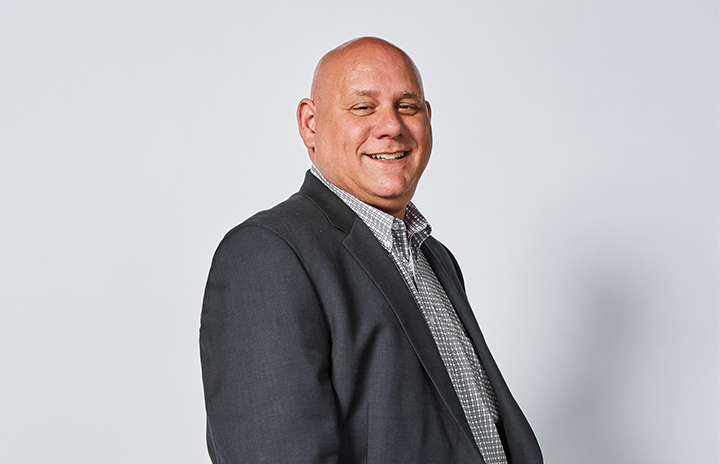
"All of a sudden my hands are shaking and my body's shaking."
When you have type 1 diabetes, your immune system attacks cells in the pancreas that produce insulin, the hormone that helps convert glucose into energy for the body’s cells1, 2. To understand how type 1 diabetes affects the body, we need to understand how insulin and blood sugar levels affect the body’s ability to function properly.
Insulin is a hormone released by the pancreas when you eat2. It helps convert glucose, or sugar, from food into your body’s cells where it can be used as energy2. In simple terms, when your insulin level goes up, your blood sugar level goes down2. Without insulin, your body cannot make use of and absorb glucose and it stays in your blood2.
Having balanced blood sugar levels is important for your body to function properly. Too much or too little sugar in your blood can have some very serious consequences and increase risks of complications like3, 4:
High or low levels of blood sugar can be very dangerous3, 4.
Read more about low and high blood sugar, and common symptoms. Your diabetes care team will provide the best advice on how to spot symptoms and manage low and high blood sugar.
Low blood sugar, also called hypoglycaemia or a “hypo”, occurs when the level of sugar in your blood drops too low4.
People with diabetes who are on insulin need to be aware of the signs of a hypo as they can be very dangerous. A severe hypoglycaemic event is classified as a diabetic emergency that may lead to coma and requires assistance from another person to treat5.
You may experience one or more of these when your blood sugar levels are too low4. A family member or friend may even mention that you are acting a little strangely or look unwell.

"All of a sudden my hands are shaking and my body's shaking."
It is important to speak with your doctor and diabetes care team about being prepared to manage a hypoglyaemic event (if your blood sugar is less than 3.5mmol/L). Your care team will provide information on what to do to increase your blood sugar levels through consuming sugar and carbohydrates.
Over time you will become familiar with what low blood sugar feels like and what to do about it.
If you are unsure about how to manage a hypo, please seek advice from your doctor.
High blood sugar, also called hyperglycaemia or a ‘hyper’, happens when glucose cannot enter the body cells and builds up in your blood3. A hyper can be dangerous, damaging your blood vessels and reducing the supply of oxygen and nutrient-rich blood going to your body’s organs and nerves3. Over time, this can result in irreversible tissue damage and serious health complications7.
You may experience one or more of these symptoms when your blood sugar levels are high3, or a family member or friend might mention that you do not quite seem your usual self. Understand the signs of a hyper, as well as some ideas to prevent it, here.
If you experience frequent high blood sugar levels, you may be advised to3:
Learn more about how to monitor your blood sugar and track how your body reacts to food, exercise and medication.
If you have difficulties controlling your blood sugar levels and they are regularly too high, it’s important to speak to your doctor or nurse. They can offer tips and advice or they may need to adjust your medication.
This is general disease awareness and should not be understood as medical advice. If you have any questions or concerns, you should contact your healthcare professional.
